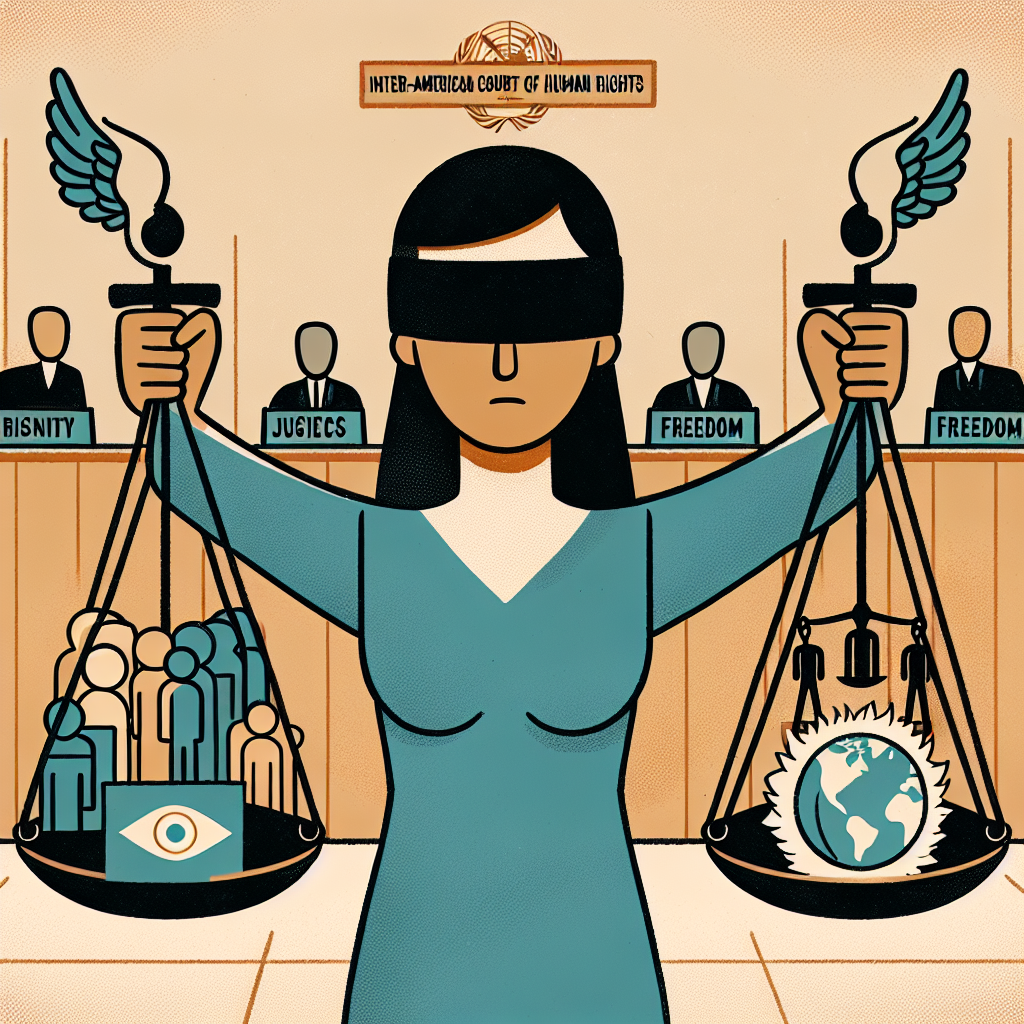Cities Clash Over Homelessness Policies Amid Supreme Court Ruling
U.S. cities are adjusting their homelessness policies following a Supreme Court ruling allowing public sleeping bans. While some areas implement punitive measures, others seek protective strategies. The decision has led to a flurry of local legislation against homelessness, amid concerns over affordable housing and the incoming Trump administration's stance.

The Supreme Court's Grants Pass decision has reshaped U.S. cities' approaches to managing homelessness, permitting local authorities to criminalize public sleeping. This ruling, seen by some as a green light for punitive actions, has intensified the debate among municipalities about how to handle a growing crisis.
In the wake of this landmark ruling, over 90 communities have enacted laws to penalize public sleeping, while 65 more await approval. The situation has sparked diverse responses: some regions, like Phoenix, embrace stricter enforcement, while cities such as Providence aim to protect the homeless from criminalization.
The issue of homelessness, exacerbated by rising housing costs and lack of affordable housing, calls for nuanced solutions amid concerns about the incoming Trump administration's potential punitive policies. Advocates argue for more housing and support services as more effective and humane responses.
(With inputs from agencies.)
ALSO READ
IFC Invests INR 3 Billion in RMBS to Expand Affordable Housing in India
IFC's Strategic Move to Catalyse Affordable Housing through RMBS Investment
Harvard's Legal Triumph Against Trump Administration's Funding Cuts
Harvard vs. Trump Administration: A Legal Battle Over Billions in Grants
Surat's Housing Crisis: Residents Forced Out Amid Builder's Negligence










